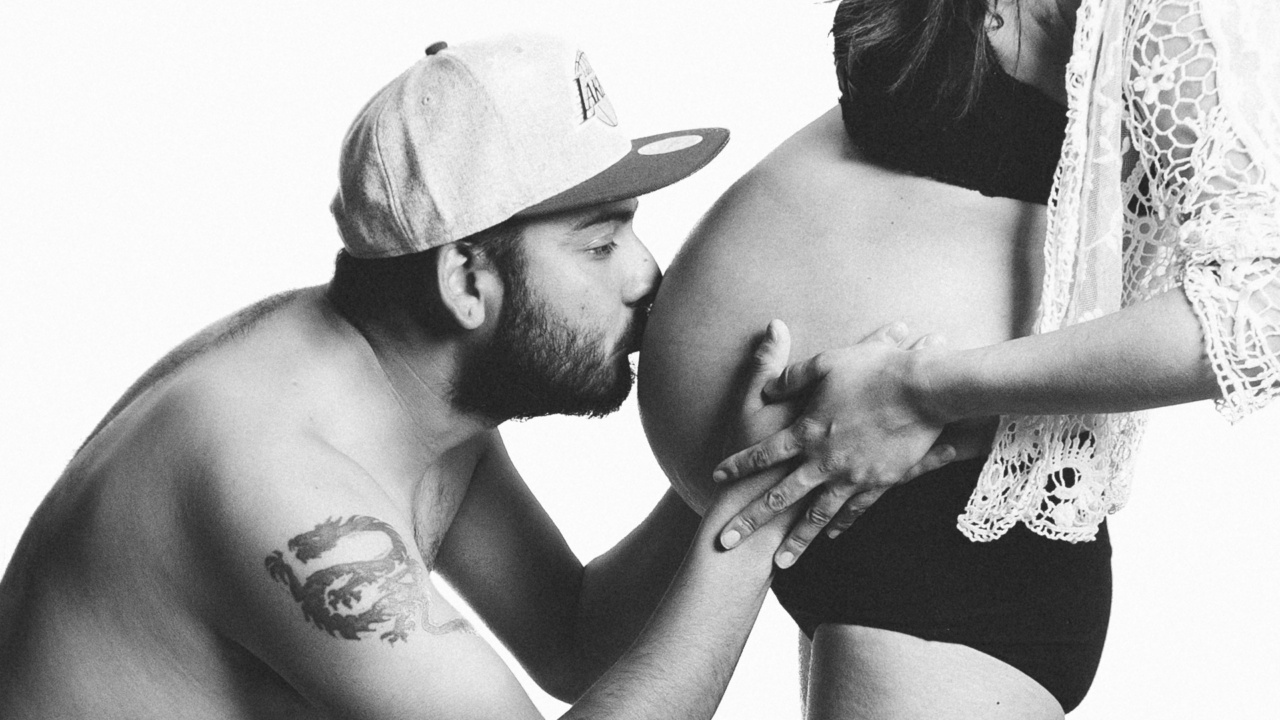Pregnancy is a time when women are susceptible to a variety of health issues. One common problem that many expecting mothers experience is fainting.
Fainting during pregnancy can be caused by a variety of factors, including changes in blood pressure, dehydration, and low blood sugar. It’s important to understand how fainting can affect you and your baby, and take steps to prevent it from happening.
What Causes Fainting During Pregnancy?
Many factors can contribute to fainting during pregnancy. Some of the most common causes include:.
Low Blood Pressure
Your cardiovascular system goes through significant changes during pregnancy. Your blood volume increases to support your growing baby, but sometimes your blood pressure can drop.
This can cause a sudden drop in blood flow to the brain, leading to fainting.
Dehydration
Dehydration can cause a drop in blood pressure, which can then lead to fainting. Pregnant women need to drink plenty of fluids to ensure they stay properly hydrated.
Low Blood Sugar
If your blood sugar levels drop too low, it can cause fainting. It’s important to eat frequent, small meals throughout the day to keep your blood sugar levels stable.
Anemia
Anemia is a condition where your body doesn’t have enough red blood cells to carry oxygen to your body’s tissues. This can cause fatigue, dizziness, and fainting.
Heat
Hot weather can cause changes in your blood pressure and heart rate, which can then lead to fainting. Pregnant women are particularly susceptible to heat exhaustion, so it’s important to stay cool and hydrated.
How Does Fainting Affect You and Your Baby?
Fainting during pregnancy can be concerning, but it’s typically not harmful to your baby. However, there are some potential risks to both you and your baby to be aware of:.
Injury
Fainting can cause you to fall, which can lead to injuries for both you and your baby.
Stress
Fainting can be a stressful experience, which can put added stress on you and your baby.
Reduced Blood Flow
If you faint due to low blood pressure, it can cause a temporary reduction in blood flow to your baby. While this is typically not harmful, it’s important to discuss any concerns with your healthcare provider.
Preventing Fainting During Pregnancy
While fainting during pregnancy can be scary, there are steps you can take to prevent it from happening:.
Stay Hydrated
Drink plenty of fluids throughout the day to stay hydrated and maintain your blood pressure.
Eat Properly
Eat small, frequent meals to keep your blood sugar levels stable.
Avoid Overheating
Avoid spending too much time in hot, humid environments, and stay cool and hydrated.
Avoid Standing for Long Periods
If you have low blood pressure, standing for long periods can make fainting more likely. Take frequent breaks and sit down if you start to feel lightheaded or dizzy.
When to Seek Medical Attention
In some cases, fainting during pregnancy can be a sign of an underlying medical condition. If you faint frequently, or experience any of the following symptoms, it’s important to seek medical attention:.
- Chest pain
- Shortness of breath
- Rapid or irregular heartbeat
- Fever
Your healthcare provider can perform tests and exams to determine the underlying cause of your fainting and recommend appropriate treatment.
Conclusion
Fainting during pregnancy can be concerning, but it’s typically not harmful to your baby. However, it’s important to take steps to prevent it from happening, such as staying hydrated, eating properly, and avoiding overheating.
If you experience frequent fainting or other symptoms, it’s important to seek medical attention to determine the underlying cause.





























